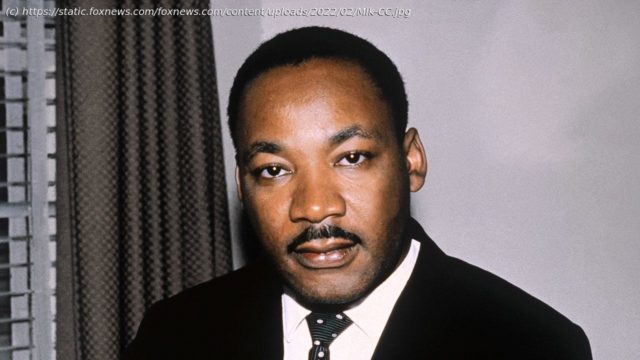Array
Nearly two weeks after the opening of the 118th U.S. Congress, we celebrate the birth of Reverend Martin Luther King Jr. — a devout pastor, transformational civil rights leader, and courageous activist. Reverend King changed the course of history by envisioning and articulating a path toward a better future for all Americans.
The impact and legacy that Reverend King had on the American Civil Rights Movement have endured for generations. So too, have the lessons he taught us as he bravely fought for equality and freedom.
Reverend King was living with his family in Montgomery, Alabama when Rosa Parks refused to give up her seat on a bus to a white man on December 5, 1955. As black leaders began mobilizing across the city, 26-year-old Martin Luther King Jr. was chosen to lead the first major nonviolent demonstration against segregation, the Montgomery Bus Boycott, as the spokesperson and president of the Montgomery Improvement Association.
Because of Reverend King’s charismatic leadership and the resolve of the organizers and activists, the boycott lasted 381 days – until Montgomery’s busses were integrated on December 21, 1956.
As the success of the boycott reveals, meaningful change often starts in neighborhoods, churches, and schools. But it was the leadership of Reverend King that transformed a local demonstration into a watershed moment in American history.
The Montgomery Bus Boycott, ignited by one woman, took the nation and the world by storm. It signaled that a new dawn had come for the long struggle against segregation and launched what is now known as the Civil Rights Movement.
Shortly after the boycott, the Southern Christian Leadership Conference was formed in 1957.






